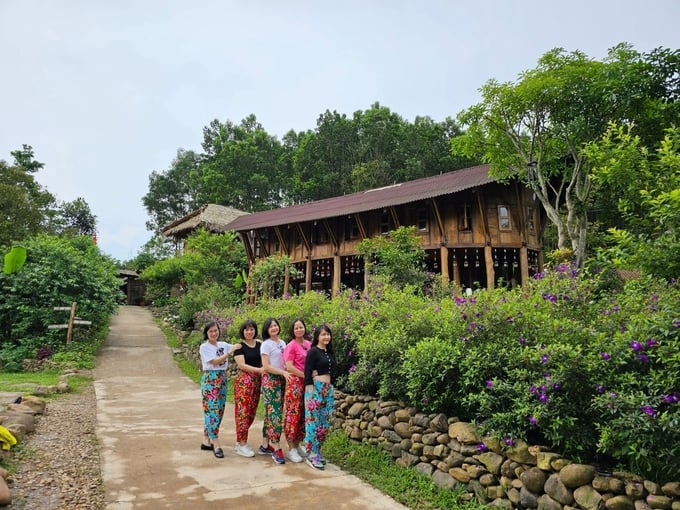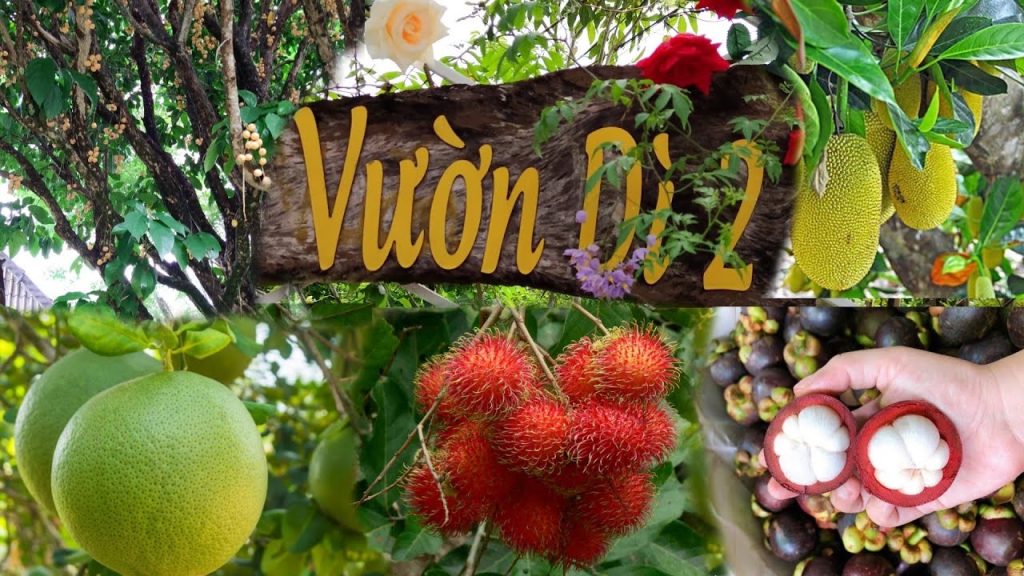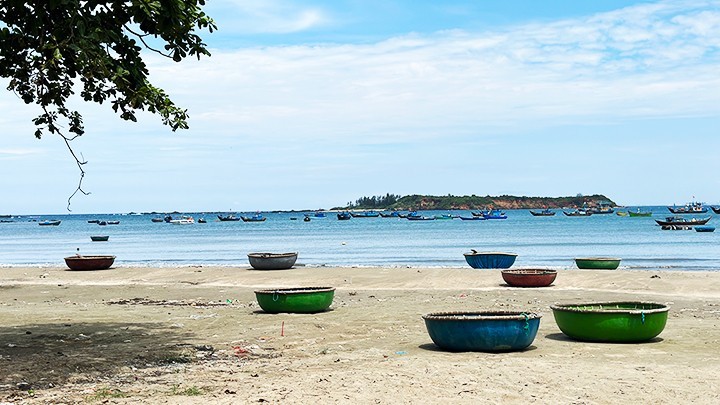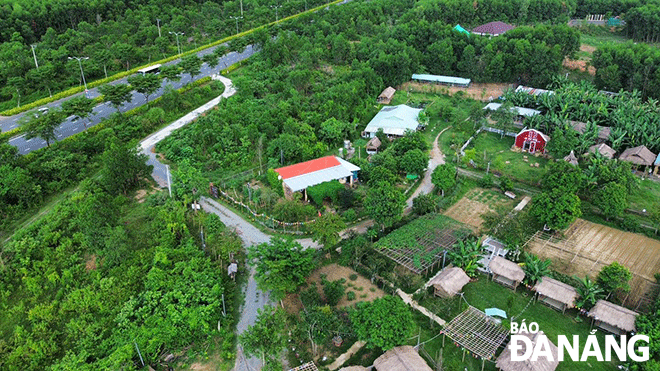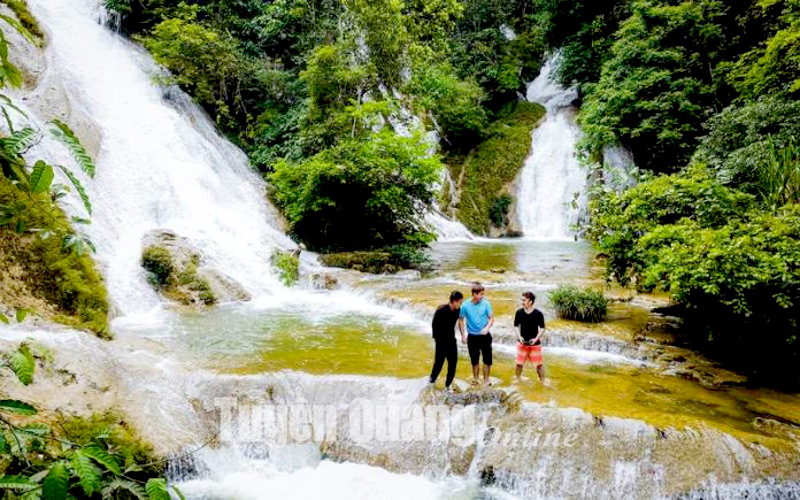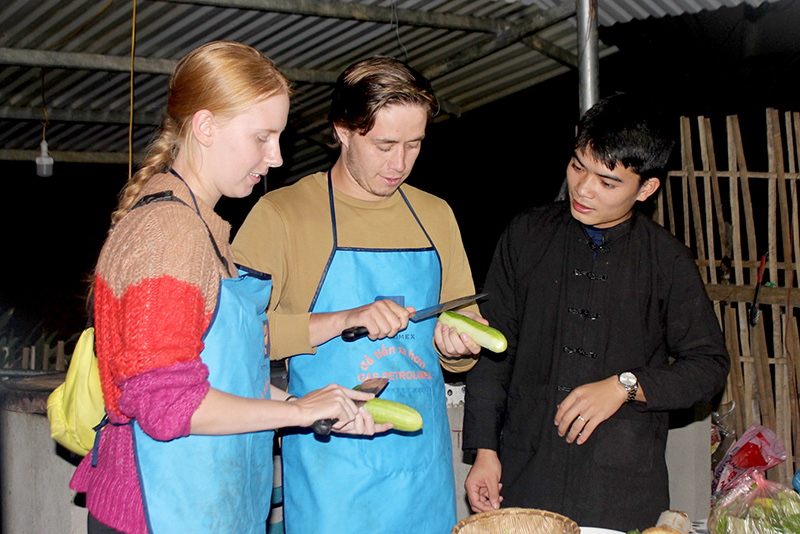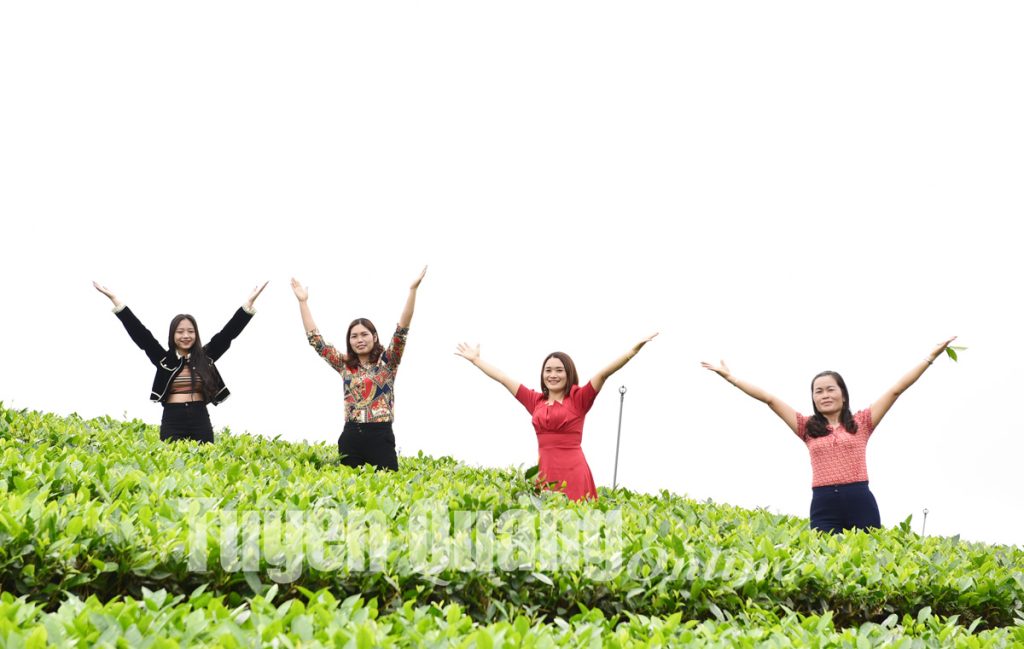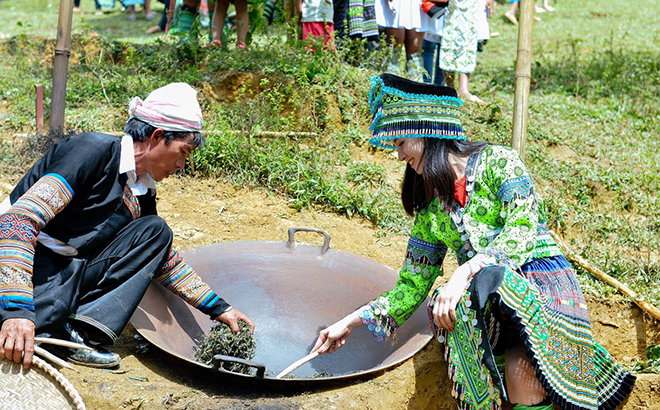(TITC) – Ben Tre has emerged as a bright spot for rural tourism in the Mekong Delta – where visitors can immerse themselves in the authentic rhythms of delta life.
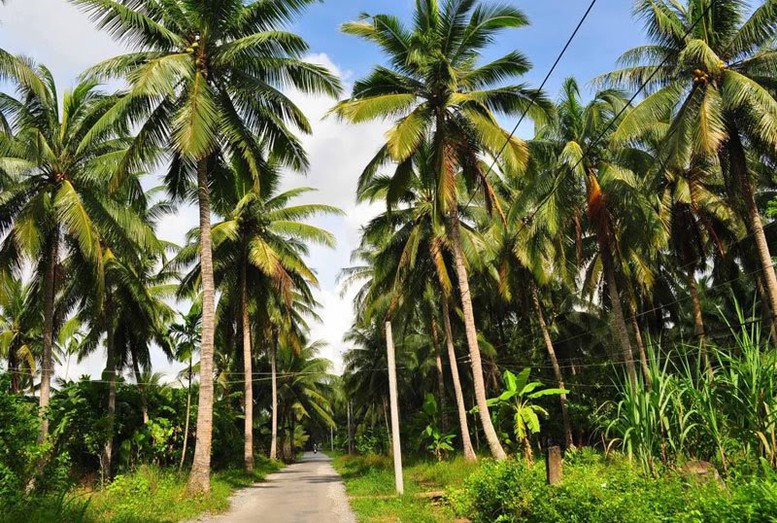
With over 200,000 hectares of coconut groves – nearly half of Vietnam’s total – Ben Tre is rightly called the “Coconut Capital” of the country. The coconut is more than just a crop here. It is a cultural symbol, an economic mainstay, and the essence of local identity.
Coconut trees shape every facet of life: from the thatched roofs and village bridges to traditional foods, drinks, and handicrafts. Long-standing craft villages produce coconut candy, fine handicrafts from shells, activated carbon, bottled coconut water, refined coconut oil, and more – creating a rich, sustainable product ecosystem that forms the backbone of agriculture-linked rural tourism.
Experiencing Green Tourism Among the Coconut Gardens
Ben Tre’s community-based and agricultural eco-tourism thrives through active local participation. Districts such as Chau Thanh, Giong Trom, Mo Cay Nam, Mo Cay Bac, and Cho Lach have developed signature models centered on coconut garden life.
At destinations like Con Phung, Con Quy, Phu An Khang Cultural Tourism Village, Hai Hoa Homestay, and the Cai Mon fruit gardens, visitors can:
- Stroll through lush coconut groves and taste freshly harvested coconuts.
- Prepare coconut-based specialties such as coconut worms, snakehead fish braised in coconut water, or coconut root salad.
- Learn to make traditional coconut candy, weave with coconut leaves, or craft items from coconut shells.
- Row sampans, wade into ditches to catch fish, cycle through quiet country lanes, or simply sway in a hammock listening to đờn ca tài tử folk music.
- Stay with local families, shop at rural markets, cook together, and hear age-old stories about the “Land of Coconuts.”
The integration of agriculture, tourism, craft villages, and OCOP products has amplified Ben Tre’s rural tourism appeal. Signature OCOP coconut products – pure coconut oil, natural cosmetics, fermented coconut water, and traditional candies – have become sought-after “hometown gifts” that carry the image of Ben Tre to the wider world.
Solutions for Expanding Coconut-Based Rural Tourism

To maximize its potential, Ben Tre can focus on: Infrastructure planning that balances accessibility with preservation, avoiding excessive concretization. Capacity building for locals in communication, hospitality, environmental stewardship, and storytelling for tourism. Specialized tourism products such as “A Day as a Coconut Farmer,” coconut culinary tours, Ben Tre Coconut Week, and traditional craft festivals. Digital transformation through online promotion, rural tourism maps, and integrated booking systems. Regional connectivity, linking tours and routes so that Ben Tre becomes an essential stop in any Mekong Delta journey.
Towards a Green, Smart, and Sustainable Future
Ben Tre’s rural tourism thrives not on luxury resorts or extravagant shows, but on its emerald coconut groves and genuine hospitality.
By developing tourism in harmony with local agriculture, preserving craft traditions, and safeguarding cultural heritage, Ben Tre is contributing to Vietnam’s national goals for rural tourism – boosting incomes, enhancing the rural economy, and building a future that is green, sustainable, and deeply rooted in local identity.
Tourism Information Technology Center

